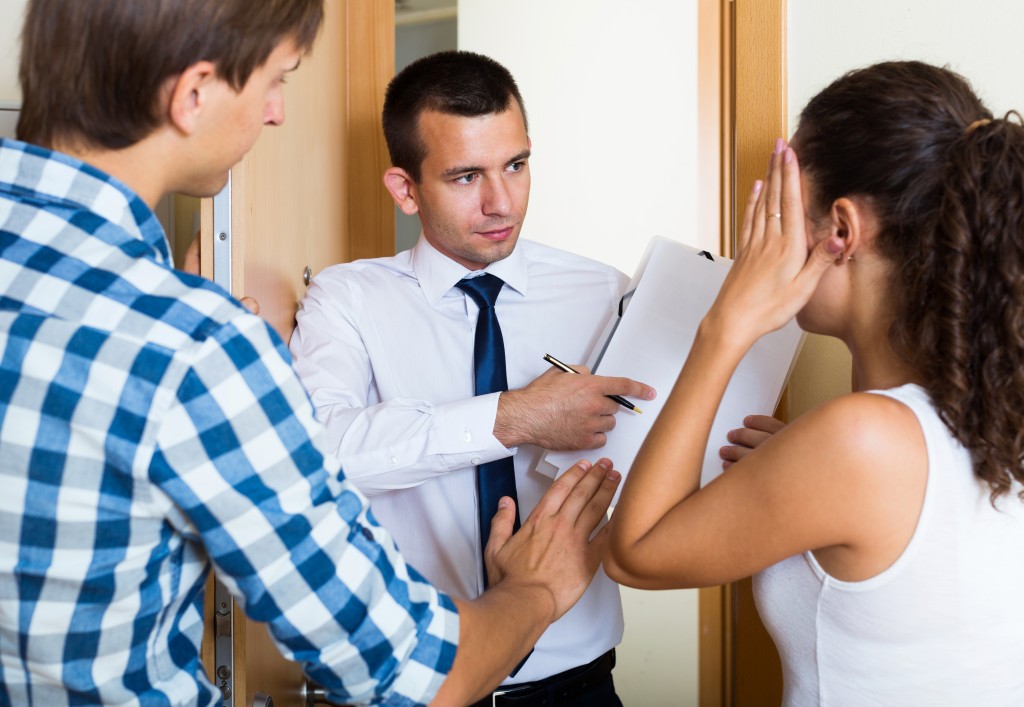The coronavirus pandemic caused millions of people to lose their jobs. As of May 2020, 20.5 million people are unemployed, making the U.S. unemployment rate 13%.
Not everyone has put aside enough money for emergencies. According to a report by Personal Capital, younger Americans don’t have much in their savings accounts. Those in their 20s only have an average of $3,740 saved while those in their 30s have $8,524. These numbers are too close to the average expenses of a household—according to Bureau of Labor Statistics—which is $3,500 per month.
Hasan Minhaj perfectly encapsulates the problems of the unemployed during the pandemic: “People aren’t worried about 18 months [referring to predictions on vaccine release]. They’re worried about this month because this month is when rent is due.” With the average apartment rent in the U.S. costing $1,468 as of February 2020, people are worried about being homeless, and the blame falls upon landlords.
As #CancelRent trends online and in the streets, landlords can only do so much for canceling rent altogether. It’s a ripple effect: tenants pay landlords and landlords use the money for maintenance, utilities, and property taxes. Despite landlords’ bad rap, the responsibility should not fall on them but on the government.
If you’re a landlord, there’s nothing much you can do. However, you can be a ray of sunshine amid this pandemic. Here are subtle ways on how you can help your tenants if you can’t #CancelRent:
1. Make sure the building is safe
Coronavirus is already dreadful as it is, so tenants should feel at peace when they’re home. Make sure that you’ve passed the EICR test for your property as a safety measure against electrical hazards in the building.
Additionally, maintenance is essential—may it be door locks or plumbing—to avoid inconveniences. Consider checking for molds around the building so as not to compromise your tenants’ respiratory health. Above everything, sanitize and disinfect common areas to prevent the spread of the virus. Remember that keeping everyone healthy is crucial nowadays.
2. Visit them
People would say that landlords should not be friends with their tenants. However, the world is in unprecedented times when people do not see their friends as much as they used to. For some, their families are far away and unable to travel.
Many have been feeling lonely during this pandemic, and your visit might just be some kind of social quenching for them. You can bring them something you’ve baked, like banana bread or chocolate chip cookies—the quarantine staples. It’s important to check on each other during the time of social distancing, but don’t forget your safety measures.
3. Don’t evict your tenants

At the end of the day, this is the most important step. Instead of evicting them, look for different ways to compromise. For example, you and your tenant can agree on an installment basis until they find a new job or find a new source of income. If possible, you can ask for a percentage of the rent for the meantime—or waive a whole month’s rent entirely.
These gestures of kindness will be much appreciated in the time of a global pandemic. Everything and everyone is feeling the toll of what’s happening, so helping each other out is a way to cheer things up.

